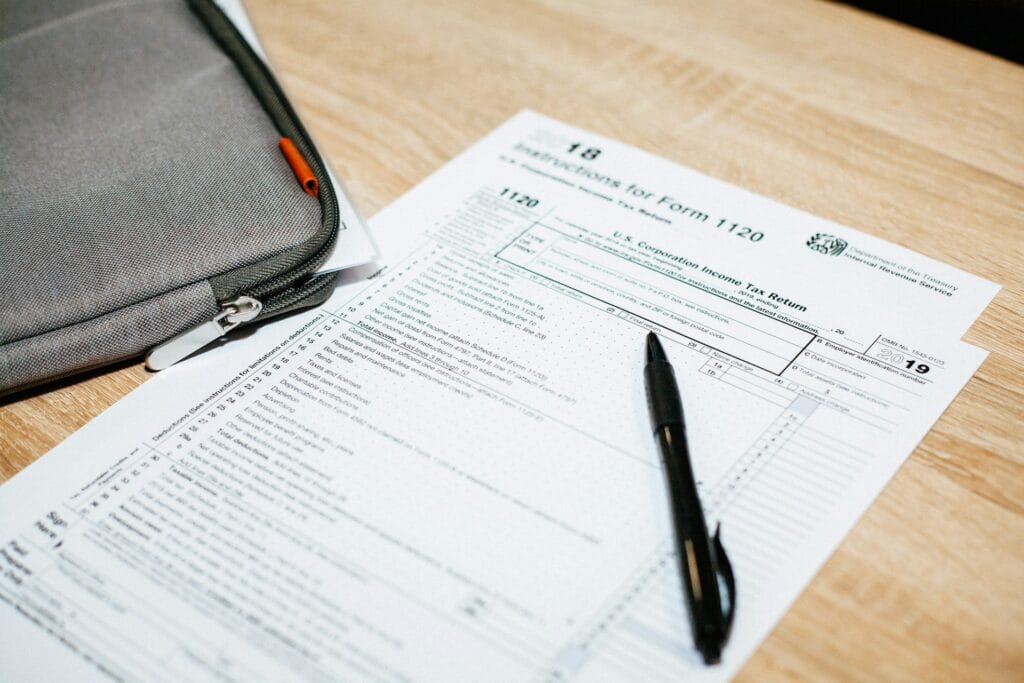Do you have a property in Portugal that you hope to sell or rent and also Energy Performance Certificates in Portugal? If so, you need to know about one important requirement: an energy performance certificate. Also know as “Certificado Energético,” this certificate is a crucial document in the process of buying and selling properties.
Fret not if this term is still foreign to you, as we will discuss all there is to know about what is energy performance certificate!
Energy Performance Certificates in Portugal What does it mean?
This document is proof of the energy efficiency of the property and is issues by the Agency for Energy (ADENE).
The energy yield of the space is calculated through a thermal study and is done according to the standardized system. It ranges from class A+ to class F, with the latter being the lowest energy performance.
What details are included in my Energy Performance Certificates in Portugal?
The Energy Performance Certificates in Portugal gives a detail insight into the energy usage throughout the property, along with information such as window insulation, heating and cooling systems, ventilation, and domestic hot water production.
Moreover, it also gives the property owners or residents recommendations on how to lower their energy consumption and implement sustainable measures to play their part in reducing environmental impact.

What factors determine the energy rating?
Many factors impact the energy rating in a property’s energy performance certificate. These include, but are not restrict to:
- The location of the property
- Type, floor level, and size of the property
- Construction year of the property
- The type of building material used for walls, roofs, floors, and windows.
- Presence of climate control systems, including central heating, air conditioning, and ventilation
- Equipment uses for producing domestic hot water
What is the goal of Energy Performance Certificates in Portugal?
The energy performance certificate is not only a means of determining the energy efficiency of the property and giving the owners or tenants information on energy performance and methods of making the best use of their power. Rather, it serves a dual purpose.
Having an energy performance certificate comes with its own advantages. A property having class A can receive multiple benefits, such as a possible reduction of up to 25% in Municipality Property Tax (IMI), exemptions from Municipal Property Transfer Tax (IMT), and may also able to have the means to more advantageous financing terms for renovation projects.
What are the primary benefits of the energy performance certificate?
There are plenty of advantages to having an energy performance certificate. The primary benefits include:
- Energy Efficiency Assessment: Helps the owners and residents understand the use of energy in their property.
- Improvement Recommendations: Insights are given to the residents on ways to improve energy performance and ways to manage energy consumption.
- Financial Incentives: Having a high energy rating means that you can take advantage of the tax benefits, exemptions, and other monetary benefits offered by the government.
- Increased Property Value: A higher energy rating can lead to a greater market value of your property.
- Legal Compliance: Mandatory in many regions for property sales or rentals, ensuring adherence to regulations.
- Long-term Savings: Lower energy consumption means having lower utility bills, and this cuts costs.
How to improve energy efficiency?
Improving energy efficiency isn’t as hard as you might think. Take a look at the options below to know ways to achieve maximum energy efficiency.
- Insulate Properly: Insulating walls, roofs, and floors minimize heat loss and gain.
- Upgrade to Energy-Efficient Systems: Investing in energy-efficient HVAC, lighting, and appliances to reduce energy consumption is a great idea in the long run.
- Control and Monitor: Keeping track of energy usage is useful for helping reduce energy consumption, so using programmable thermostats, smart meters, and energy monitoring systems is advisable.
- Seal Leaks: Make sure any gap, creak, or leak in the property is covered up so there is no loss of energy.
- Promote Energy Saving: If you have tenants living on your property, educate them on energy-saving practices, such as switching off unnecessary lights and appliances when not in use.

How do I get my energy performance certificate in Portugal?
Obtaining an energy certificate in Portugal has a certain procedure. Here’s how to get it:
- Get a Certified Energy Assessor: The first step to getting an energy performance certificate is to hire a certify energy assessor so that you can get your property’s energy performance check.
- Inspection of Property: the energy assessor will inspect your property and have a look at the insulation, heating, and cooling systems, lighting, and other aspects that consume energy. During the inspection, data will record on the materials used in construction and the building’s systems and features.
- Energy Performance Calculation: With the help of the data collection, the assessor will assign you a rating with the help of computer software. The energy rating is from a scale of A+ (most efficient) to F (least efficient).
- Certificate Issuance: After the rating, the assessor will then prepare your energy performance certificate. This has information about the property’s energy efficiency and recommendations for any enhancements. The energy performance certificate then needs to registers in the National Energy Certification and Indoor Air Quality System (SCE) database, which is usually done by the energy assessor.
- Handover of Certificate: The property owner is then given the certificate, who then must show it to any potential buyers or tenants in the future.
How long does it take to obtain an energy performance certificate?
The process of obtaining an energy performance certificate begins when the energy assessor comes to inspect the property. As the entire process is handle by the assessors themselves, the certificate issuance usually takes around two to three days.
How much does an energy performance certificate cost in Portugal?
The registration and issuance fee for an energy performance certificate varies for every residential property.
- €28 plus VAT (T0 and T1)
- €65 plus VAT (T6 or higher)
In the case of commercial and service buildings, it can range from:
- €135 plus VAT (usable area up to 250 square meters)
- €950 plus VAT (over 5000 square meters)
It is to be kept in mind that there are further charges besides these. This includes the service charges of the expert, which are not fix and vary from one assessor to another. Moreover, the update of the energy performance certificate without a new fee payment is possible as long as it remains valid. However, after that, the assessor may charge their fee.
What are the fines?
Fines for residential property owners can range from €250 to €3,740, while businesses may need to pay penalties ranging between €2,500 and €44,890.
How long is my energy performance certificate valid?
The validity of an energy performance certificate is 10 years after its issuance for residential properties and small service spaces. The energy performance certificate can be transfers through legal documentation within these 10 years.

Find Your Perfect Property with Us
Portugal Investment Properties is your gateway to smart real estate investments in Portugal, offering savvy investors access to an exclusive collection of carefully curated properties.
Whether you’re searching for your dream home or a prime investment opportunity in Portugal’s prestigious market, we provide more than just listings – experience a personalized journey tailored to your aspirations.
Begin your journey to discover your perfect Portuguese retreat. Contact us today!
Frequently Asked Questions
What is the purpose of the Energy Certificate?
The purpose of the Energy Performance Certificate (EPC) is to assess and evaluate the energy efficiency of a building to help identify any problems and offer suggestions to improve.
How is the Energy Performance Certificate rating calculated?
The EPC rating is calculates by considering all energy-consuming aspects of the property, including insulation, heating systems, and overall energy use. Computer software then uses standardize conditions to determine the overall efficiency to give the EPC rating.
What is a good Energy Certificate rating?
A good EPC rating is typically an A+ or B, which means that the property is highly energy-efficient and has lower running costs.
How long is an Energy Certificate valid?
An EPC is valid for 10 years from the date it is issued unless significant changes are made to the property that could impact its energy efficiency.
Is it mandatory to have an EPC?
Yes, an EPC is legally required when a property is built, sold, or rented. It provides prospective buyers or tenants with essential information about the property’s energy efficiency.
What happens if I don't have an EPC?
If you fail to provide an EPC when required, you may face legal penalties, such as fines. This applies to landlords and property sellers in particular.
Can I improve my EPC rating?
Yes, you can improve your EPC rating by upgrading insulation, installing energy-efficient windows, using energy-saving appliances, and switching to renewable energy sources, such as solar panels or heat pumps.
How much does it cost to obtain an Energy Certificste?
The cost of obtaining an EPC varies depending on the type and location of the property but generally ranges between €60 and €150 in most regions.
Who issues an EPC?
An EPC must be issued by a qualified and accredited energy assessor after inspecting the property.


